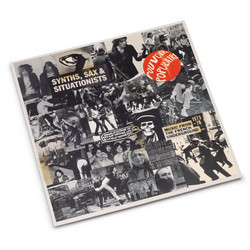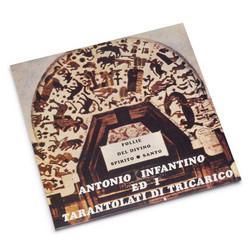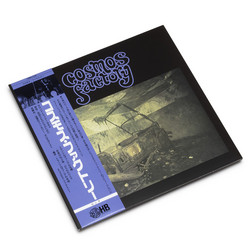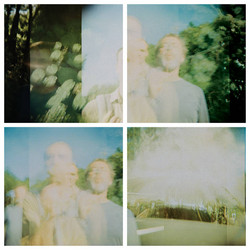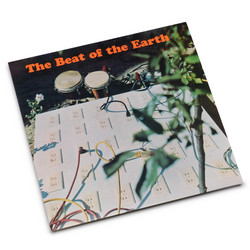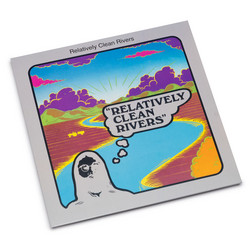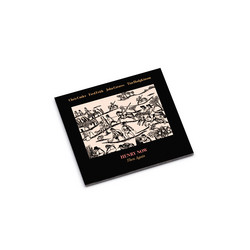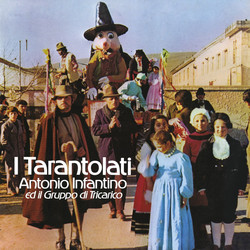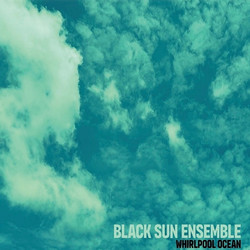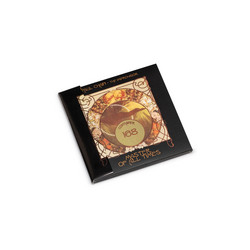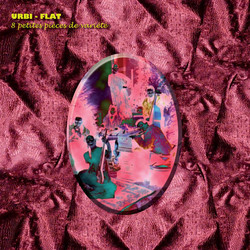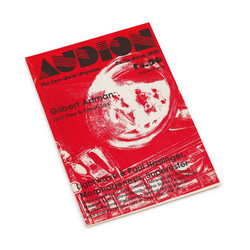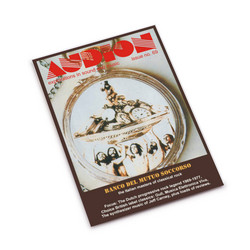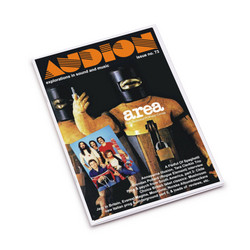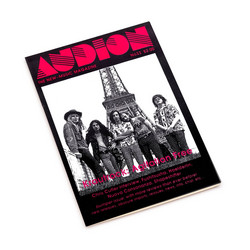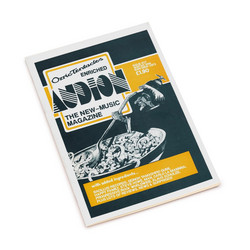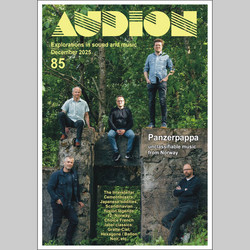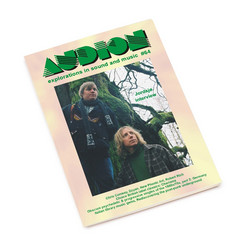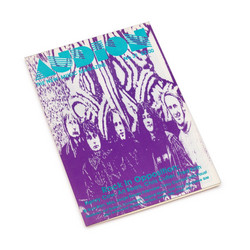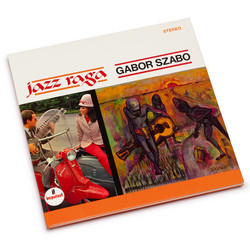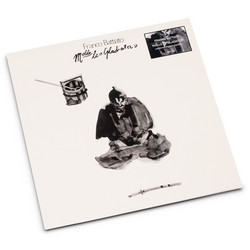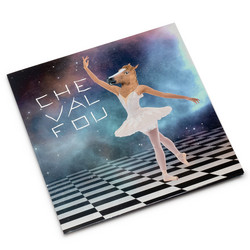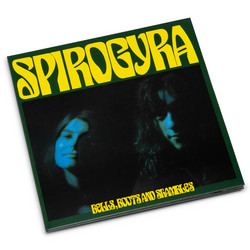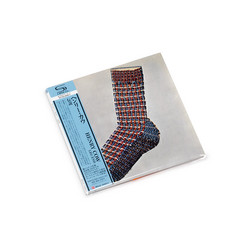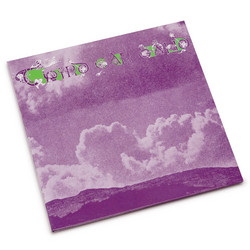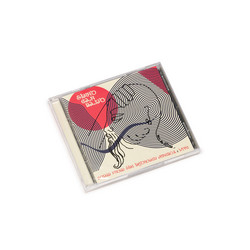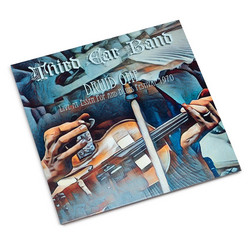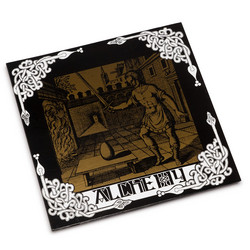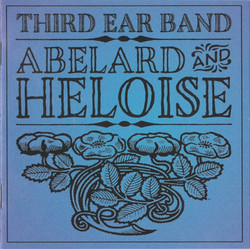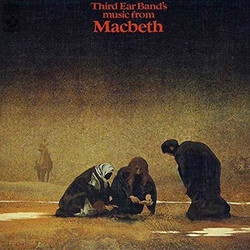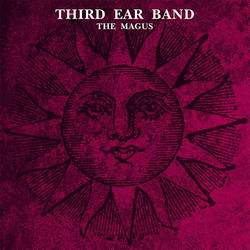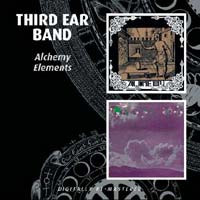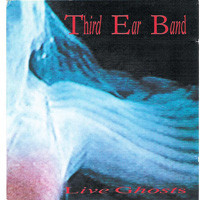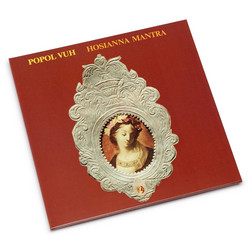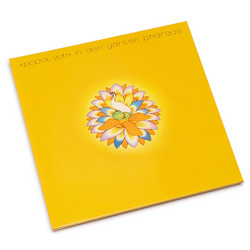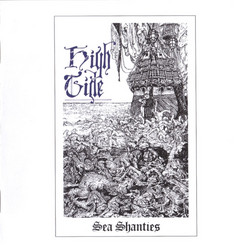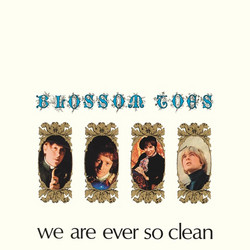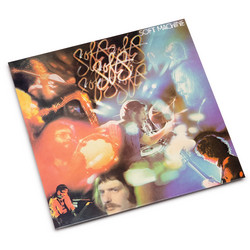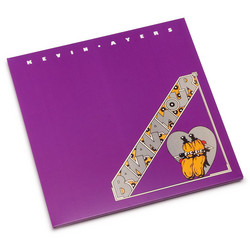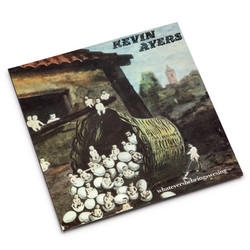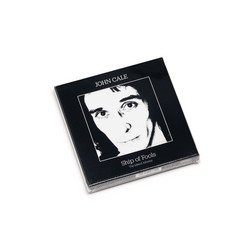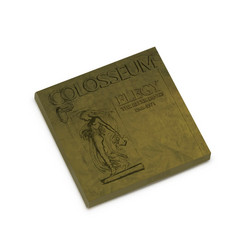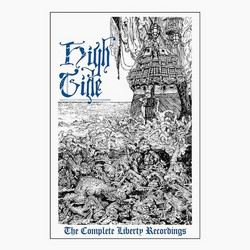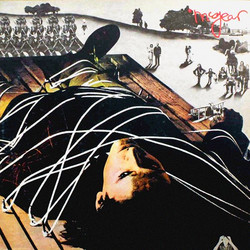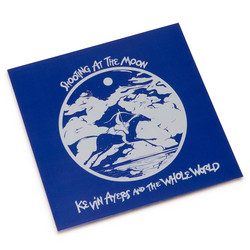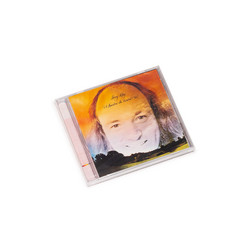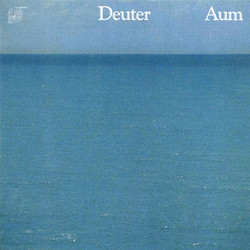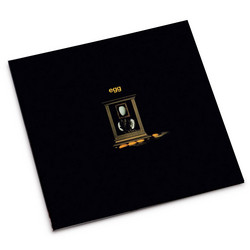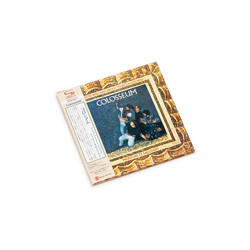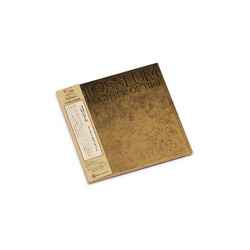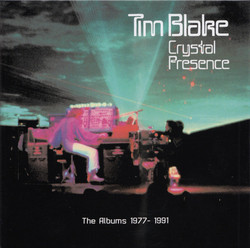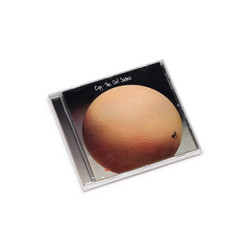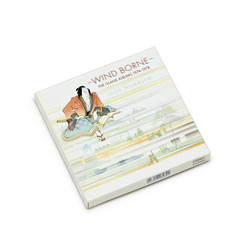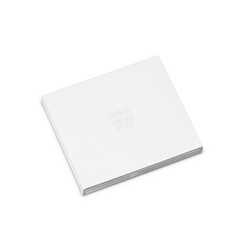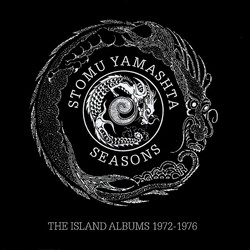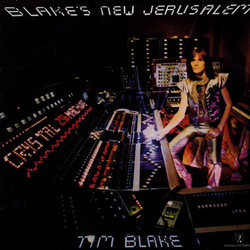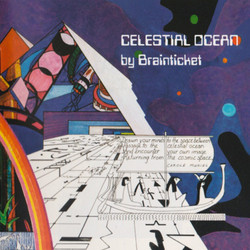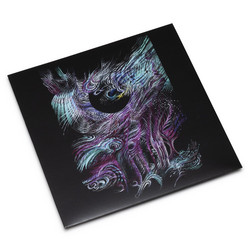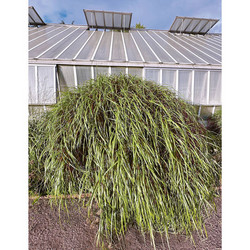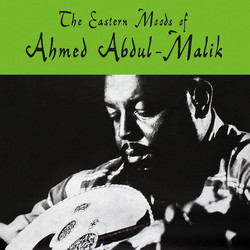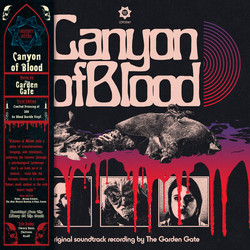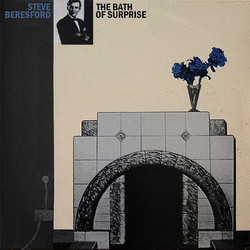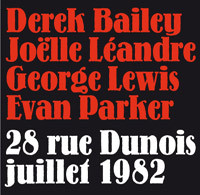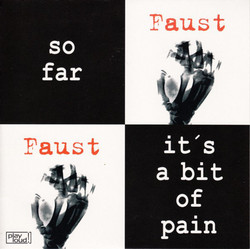Third Ear Band
Mosaics: The Albums 1969-1972 (3CD Box)
* New Re-mastered 3CD box of the classic albums by Third Ear Band released between 1969 & 1972* Third Ear Band emerged in 1967 from the Ladbroke Grove/Notting Hill counterculture scene. Saxophonist/flautist Dave Tomlin teamed up with jazz drummer Glen Sweeney and bassist Roger Bunn to form an ensemble with the unlikely moniker Giant Sun Trolley to participate in the free improvisation sessions that took place at the end of the Thursday club nights at the famed UFO club. Even in these early days the band’s repertoire was severely left-field; a typical example being a composition entitled Eternity in D, a piece structured to enable participating musicians to play the same note as long as they could: as Glen Sweeney explains – “We would go on at about 4am and the idea was that we would clear the club, you see! Once we went on at 3am and played two notes until 7am. It was absolutely mind-blowing. You see, these cats would wake up and hear these two notes going and then would go back to sleep and then wake up and these two notes would still be blowing.” Giant Sun Trolley were a regular fixture at the UFO, where they often shared bills with the likes of Pink Floyd, Soft Machine and The Crazy World of Arthur Brown. In April 1967, they were one of the many acts to perform at the historic 14 Hour Technicolor Dream at London’s Alexandra Palace. During 1967, group members came and went until a settled line-up comprising Glenn Sweeney on tabla, hand drums and wind chimes, Paul Minns on oboe and recorder, Richard Coff on violin and viola and Mel Davis on cello was reached – and the Third Ear Band was born. And it’s true to say that there’s never been another band like them – the Third Ear Band are truly unique. It’s almost impossible to describe their music, but I’ll have a go…. Influences that make their way into the mix include free-form jazz, classical, avant-garde, eastern music, early music and substantial servings of lysergic acid diethylamide. If you can imagine a band like Gryphon busking Trout Mask Replica, you’d be heading in the right direction but would still be pretty wide of the mark. They were incredibly popular during their late 60s-early 70s heyday; their albums sold in substantial quantities and they were championed by such august industry commentators as John Peel, Richard Williams, Kris Needs and Mike Barnes. They were also festival regulars – signed to Andrew King’s Blackhill Enterprises, organisers of the massive free events that took place in Hyde Park in 1969-1970 – they were on the bill for the Stones’ 1969 free concert, for the Blind Faith show and the Pink Floyd free concert. They also appeared with John Lennon and Yoko Ono at their Alchemical Wedding event in December 1968, providing the musical accompaniment as the famous pair sat patiently in a large white bag. A favourite band saying , back in those halcyon days, was that they were always happy to play for “Cash, hash or crash!” Esoteric/Cherry Red have, once again, lived up to their usual impeccable standard with this collection. Each of the band’s first three albums – Alchemy (1969), Third Ear Band (1970) and Music From Macbeth (1972) is packaged in a replica of its original packaging – the covers for Alchemy and Third Ear Band are gatefold affairs – there’s a booklet packed with archive photographs and a marvelously detailed history of the band from Luca Chino Ferrari and, as we’ve come to expect with an Esoteric/Cherry Red product, the whole lot is presented in an attractive clamshell box. It’s a beautiful artifact. And the pleasing thing is that music as unpredictable and challenging as this never really ages. These albums could have been released this year – such is the freshness of the music. The music on the debut Third Ear Band album, Alchemy, is perhaps best described by the contemporaneous Melody Maker review: “Strange, hypnotic, Indian influenced sounds played on Tabla, violin and cello. John Peels guests on jaw’s harp, and ‘Alchemy’ is the right word. The three-eared men are a Godsend for lovers of mysticism, Stonehenge and the cosmic force lines. This album could become an essential part of any Sorcerer’s kit. Their music is absorbing, almost hypnotic. One cannot doubt the musical ability of Richard Coff, Paul Minns and Mel Davis.
Their leader is Glen Sweeney… and their work is 90 per cent improvisation. It’s a demanding mixture of Eastern and European influences.” And that summary still rings true today. The whole album was cut in just six hours and the tunes range from the supremely challenging – Mosaic and Egyptian Book of the Dead – to the divine Lark Rise, a Dave Tomlin composition that features a guest appearance by the Giant Sun Trolley founder on violin, and it makes for an exhilarating listening experience. For the band’s second album, 1970’s Third Ear Band, the line-up had changed. Mel Davis had departed and cello duties were picked up by Royal Academy graduate Ursula Smith. Recorded at Abbey Road Studios in April 1970, the album consists of just four tracks: Air, Earth, Water and Fire (indeed, the album is often referred to as “Elements.”)The sessions were “interesting,” to say the least… As Andrew King recalls: “The band were taking acid fairly regularly. I did not realise this and could not understand why they were laughing all the time. I think it’s a fine album. Peter Mews, the EMI engineer, still remembers it as some of the weirdest sessions he ever worked on in 30 years at Abbey Road.”
Despite the recording difficulties, the musical embodiment of the four elements was successfully captured, particularly on Fire, the album’s closing track, when cello, woodwind and viola combine with the incessant percussion to paint a convincing image of this most tyrannical of the elements. Third track, Water, was included on the 1970 Harvest Records sampler album, Picnic, a move that brought the name and the output of the Third Ear Band to a wider audience and, once again, the album was well received by the music press. In the autumn of 1970, the Third Ear Band were contacted by the film maker Roman Polanski. Polanski was considering adapting Shakespeare’s Macbeth to film and had identified the Third Ear Band as the perfect ensemble to provide the film’s musical accompaniment. So it was that, in July 1971, the band assembled in George Martin’s Air Studios to commence work on the soundtrack. The band – by now the line-up consisted of Paul Buckmaster on cello and bass guitar, Denim Bridges on guitar and Simon House on violin, alongside stalwarts Glen Sweeney and Paul Minns – would view clips from the nascent movie and develop and improvise ideas that were suggested in the studio. It’s a process that worked well and, once again, the album was well received when it was finally released in March 1972. It has often been remarked that, whereas many soundtrack albums tend to lose impact when they are listened to remotely from the movie’s visual images, Music From Macbeth stands admirably on its own merits. Of course, much of the Third Ear Band’s music can be imagined as film score music, so vivid is the imagery contained within the tunes, so perhaps they were the perfect band for such a commission. Music From Macbeth is certainly the most accessible of the three albums in this collection. Tunes like Court Dance and Fleance are almost radio-friendly, although Paul Buckmaster’s Witches’ Song – with its nursery rhyme lyrics and gritty cello passages – certainly lives up to the “…kind of disgusting” description that Polanski asked for. It’s wonderful to see the Third Ear Band receiving the attention that this new collection will no doubt bring. If you have a gap in your record collection that can only be filled by something absolutely left-field, different and utterly unpredictable, then I suggest that you discover (or re-discover) the Third Ear Band.
